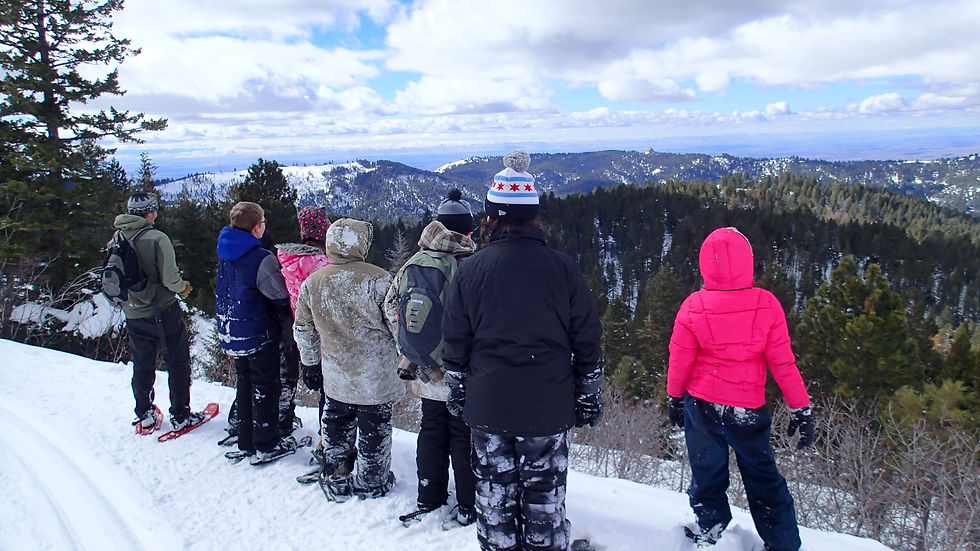A Place to Call Wilderness
- Misha Smith
- Nov 16, 2024
- 2 min read
Nora Paech
Idaho Falls

“The Call of the Wild” is not only an idea that Jack London webbed into a literary classic but that has inspired generations of writers before and after him. A place largely untouched by human intervention serves as a manifestation of longing and destiny, an abstract concept, and threat, or salvation depending on the perspective. With these nuances and ambiguity, the concept of Wilderness can be an idea well worth exploring from a range of perspectives, including geography, sciences, psychology, or sociology. Wilderness offers a powerful motif.

Following is an incomplete list of novels and other literary work and its approach to Wilderness:
Henry Thoreau - Walden: A philosophical reflection on living in natural surroundings - A classic.
John Muir - Wilderness Essays: This collection of Wilderness contains descriptions and thoughts from one of the pioneers of the environmental conservation movement - Activism, admiration for the Wild spaces, and naturalism.
David Brower - Let the Mountains Talk, Let the Rivers Run: What does it mean to be an environmentalist and what does Wilderness mean for environmentalism? - A call to Action!
Jack London - The Call of the Wild: This story follows a dog, Buck, from his home ranch in California to becoming a trained sled dog in Alaska, to ultimately abandoning humans to live in the Wilderness. - Adventurous novel about nature and the fight of survival.
John Krakauer - Into the Wild: Christopher Johnson McCandless abandoned civilization, his family, and possessions to live in the Alaskan Wilderness, where he ultimately died after a few months. In this book, John Krakauer follows/imagines his life and last steps. - An account of the sometimes destructive longing to escape civilization Into the Wild.
William Golding - Lord of the Flies: Stranded on a remote island, a group of boys finds themselves struggling for survival. The biggest threat is not the nature around them but each other. - What does human nature look like in the Wild without societal regulations? It is dark.
Linda Hogan - Power: A young girl, member of the Taiga tribe, witnesses her aunt kill a sacred creature and finds herself torn between her Western upbringing and Native American heritage - A reflection on nature and Native identity.
Marlen Hausdofer - The Wall (translated from German): A middle-aged woman is the last surviving human on Earth, and finds herself fighting for survival and reflecting on human nature at the same time. - A feminist perspective on the Wilderness theme.
Andrus Kivirähk - The Boy who spoke Snakish (translated from Estonian): A fantastical novel about Lehmet, one of the last boys who can speak the language of snakes and has to face outsiders who come into the forest. - Folklorik, imaginative and wild.
Paul Greenberg - Four Fish: This book deals not with wilderness per se, but describes the fate and production mechanisms of four types of fish, considered the last type of wild food. - Insightful, enlightening, and frightening.






Comments